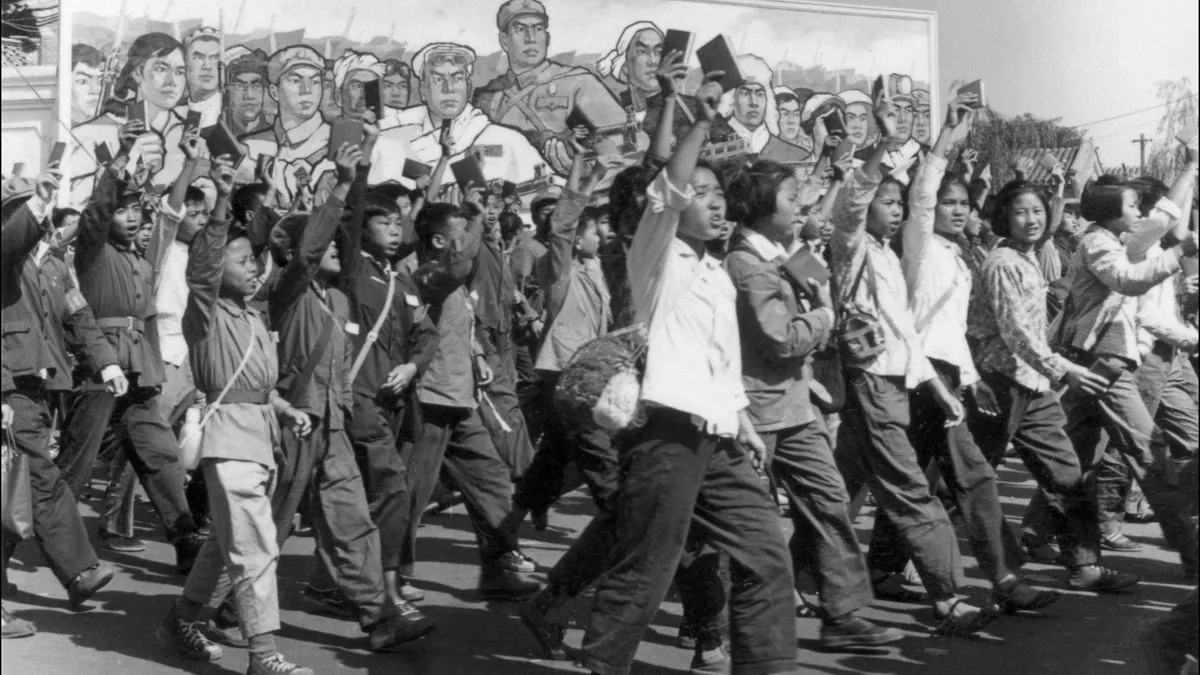Former Red Guard Song Binbin Dies at 77, Leaving Complex Legacy
Song Binbin, a prominent figure in China's Cultural Revolution, passed away at 77. Her life journey from Red Guard to US immigrant reflects the tumultuous history of 20th century China.

Song Binbin, a significant figure in China's Cultural Revolution, passed away on September 16, 2023, at the age of 77. Her life story encapsulates the complex and often tragic history of 20th century China.
Born in 1947, Song Binbin was a teenager when the Cultural Revolution began in 1966. This decade-long campaign, initiated by Mao Zedong, aimed to consolidate his power within the Communist Party of China. The movement resulted in widespread persecution and an estimated 3 million deaths.
As a 19-year-old student leader of the Red Guards, Song was involved in one of the earliest and most notorious incidents of the Cultural Revolution. On August 5, 1966, students at her all-girls school in Beijing beat and killed Bian Zhongyun, the deputy principal. While Song claimed she did not participate in the violence, she acknowledged her role in denouncing Bian through "big-character posters," a common form of public expression and propaganda during that era.

Less than two weeks after Bian's death, Song was photographed meeting Mao Zedong at the Gate of Heavenly Peace overlooking Tiananmen Square. This image, published in the People's Daily, catapulted Song to celebrity status in China.
"After meeting Chairman Mao, I have decided to change my name from Binbin to Yaowu: 'be militant.'"
However, Song later denied changing her name, stating in a 2007 documentary that she "was always opposed to violence."
As the Cultural Revolution progressed, Song's family fell from favor. Her father, Song Renqiong, one of the Communist Party's influential "Eight Elders," was purged in 1968. Song subsequently spent three years in Inner Mongolia, far from Beijing.
After the Cultural Revolution ended, Song immigrated to the United States. She studied geochemistry at MIT, earning her PhD in 1989, and worked for the Massachusetts Department of Environmental Protection analyzing air quality.
In 2003, Song returned to China. Eleven years later, in 2014, she joined former classmates in apologizing for the attacks on teachers and Bian's death. However, some critics, including Bian's widower, found her apology insufficient.
Song's life journey reflects the complex legacy of the Cultural Revolution and its lasting impact on Chinese society. Her story serves as a reminder of the importance of confronting historical traumas and seeking reconciliation.


































